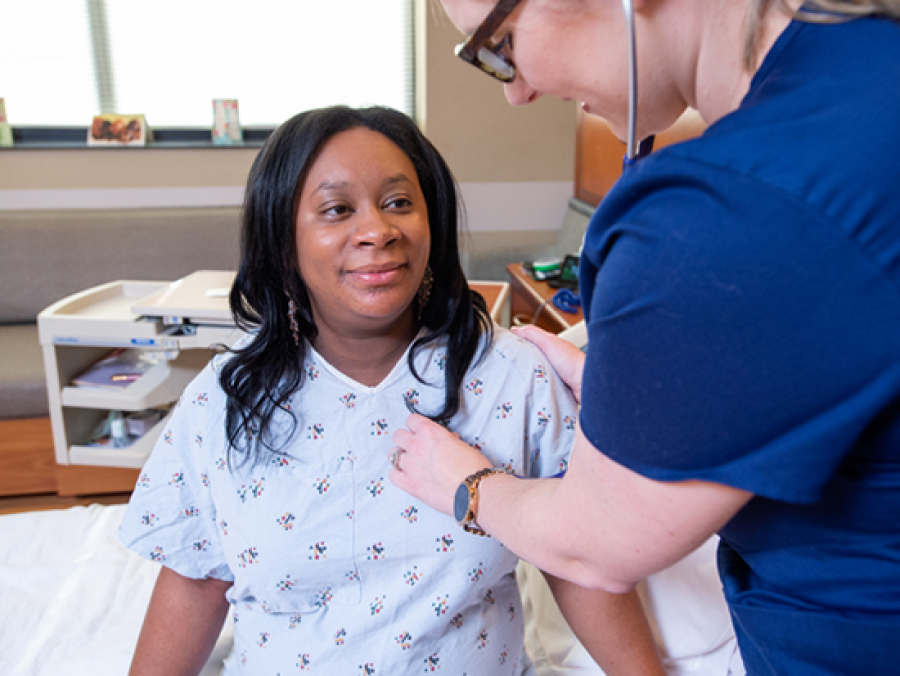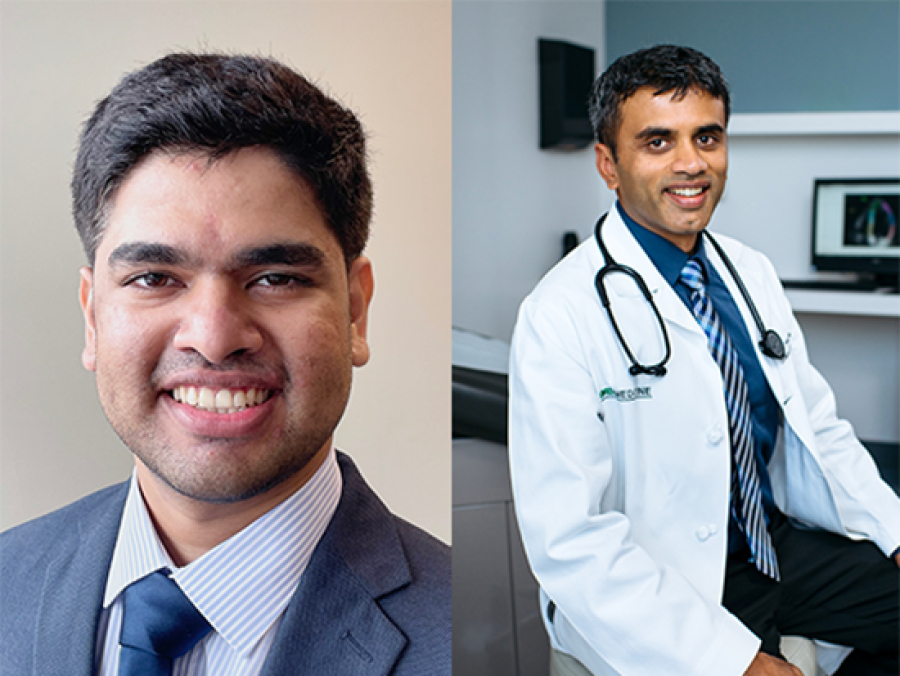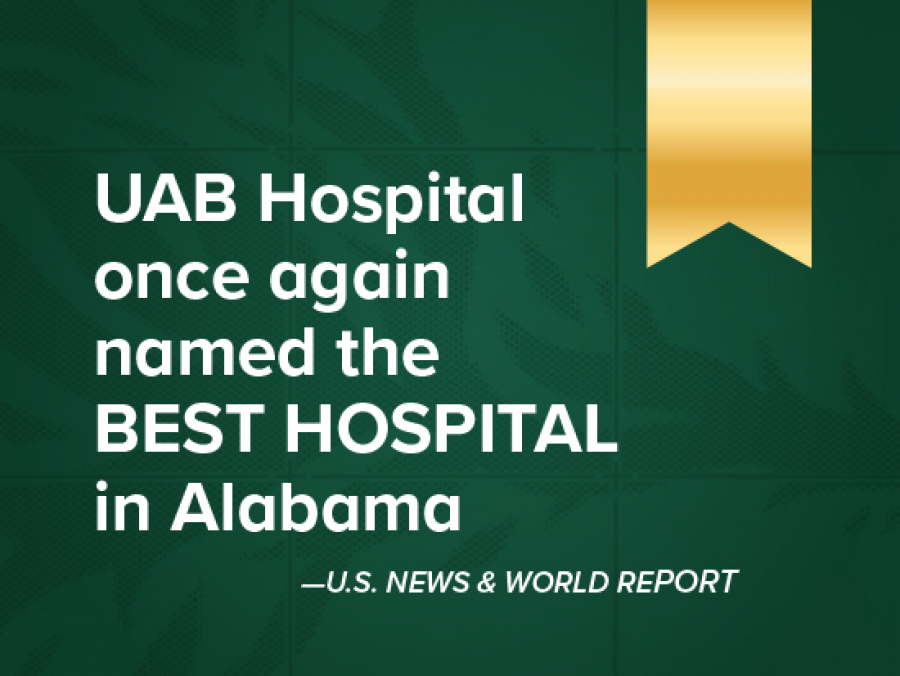Division of cardiovascular disease

Cynthia Jones says her recovery time was minimal, and she was able to get back to her normal routine very quickly.

The UAB Health System is the largest health system in the state and continues to expand its reach and impact across the state, now operating as a nearly $7.5 billion enterprise with 133 locations serving all 67 counties in Alabama and beyond.

UAB professor receives a $3.7 million grant to study how the genetic risk of high blood pressure affects the behavior of young and middle-aged adults.

The American Heart Association’s PREVENT CVD risk equation is designed to help predict a person’s risk of a cardiovascular event during their lifetime.

UAB’s new Lunaphore COMET multiplex immunofluorescent platform can hyperplex up to 40 antibodies on a single pathology tissue sample.

Helping children develop healthy habits at a young age can help lower their risk for heart disease, stroke and other major health problems later in life.

When UAB employee Jamie Smith collapsed one morning while she was at work, UAB employees from multiple specialties stepped in to help save her life.

Experts at the UAB Cardiovascular Institute and UAB St. Vincent’s say it is never too early or too late for women to begin protecting themselves from heart disease.

UAB researchers reveal how managing cardiovascular risk factors can mitigate heart failure risk in Black individuals carrying the transthyretin V142I genetic variant.

UAB is ranked No. 164 based on exceptional academic research portfolio and its overall global and regional reputation.

This study highlights how high-volume centers, where operators perform these procedures more frequently, achieve better outcomes, including lower 30-day mortality and reduced complication rates.

AFib is expected to affect 40 million people worldwide and can be fatal if not treated. UAB experts provide tips on symptoms, risk factors and management of this condition.

Linda Morgan’s transplant journey has inspired many and will continue to do so as she shares her story with the world.

The NIH grant will support development of a BionanomatrixTM coating for an aneurysm-therapy flow diverter in the brain.

Researchers at UAB shed light on the link between genetic variants and cardiovascular risk factors in determining heart health.

Researchers at UAB reveal the impact of transthyretin protein levels on heart disease risk.

For 11 consecutive years, U.S. News has named UAB Hospital the best hospital in Alabama, with several specialties and procedures ranked among the best.

Researchers at UAB compared three risk-assessment tools for predicting mortality risk.

This new device leads to earlier discharge and an overall increase in patient satisfaction.

This procedure has been clinically proved to help reduce blood pressure in patients for whom neither medications nor lifestyle changes have been successful.
Page 1 of 4